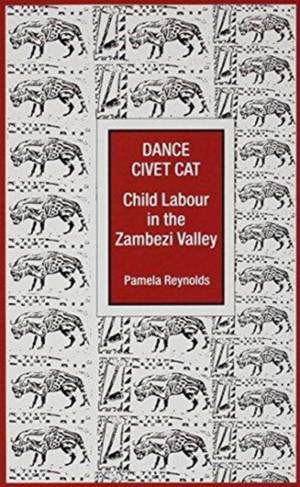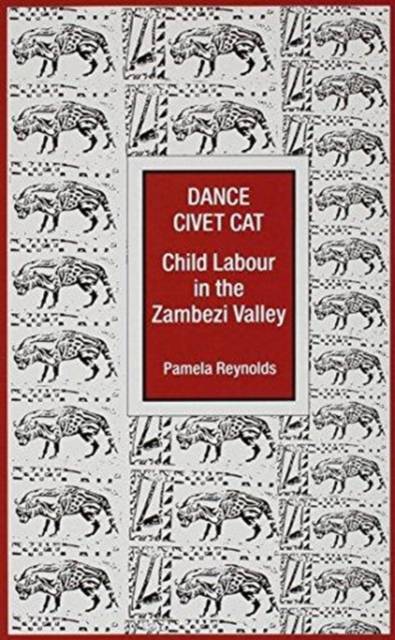
- Retrait gratuit dans votre magasin Club
- 7.000.000 titres dans notre catalogue
- Payer en toute sécurité
- Toujours un magasin près de chez vous
- Retrait gratuit dans votre magasin Club
- 7.000.0000 titres dans notre catalogue
- Payer en toute sécurité
- Toujours un magasin près de chez vous
Dance Civet Cat
Tonga Children and Labour in the Zambezi Valley
Pamela ReynoldsDescription
In this, the first comprehensive study of the Tonga people in Zimbabwe, Pamela Reynolds focuses on children's work in a subsistence agricultural system, assessing how much work they do, the value of their work to their families and how it both limits their opportunities and fosters their personal growth and knowledge. Set in the context of the history of the Tonga people south of the Zambezi river and a discussion of their current position as a minority group in independent Zimbabwe, this is a study of social differentiation, particularly the impact of gender and age, and of the individual as a social agent. Based on extensive fieldwork among the Tonga, it avoids the usual trap of analyzing children's labour roles in isolation from social, economic and political factors.
Spécifications
Parties prenantes
- Auteur(s) :
- Editeur:
Contenu
- Nombre de pages :
- 208
- Langue:
- Anglais
Caractéristiques
- EAN:
- 9780821409473
- Date de parution :
- 01-05-91
- Format:
- Livre broché
- Format numérique:
- Trade paperback (VS)







